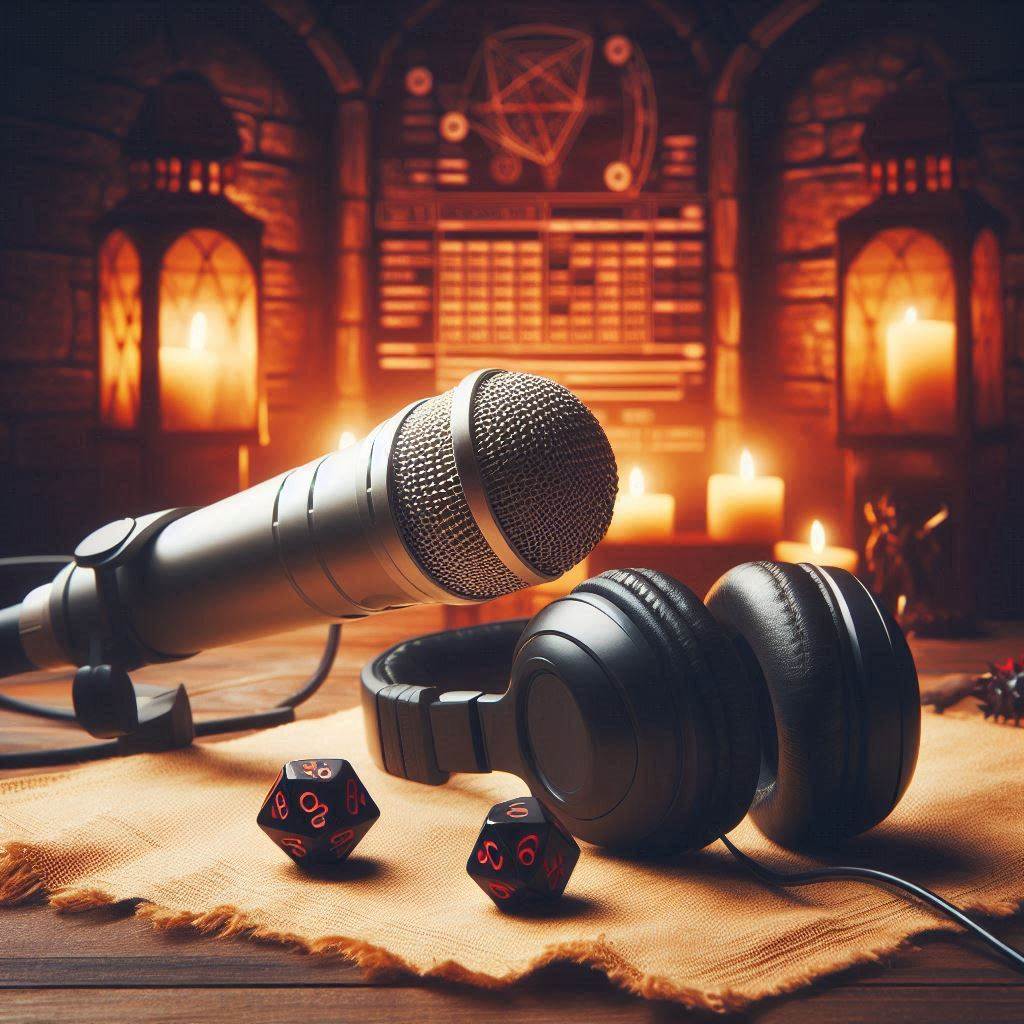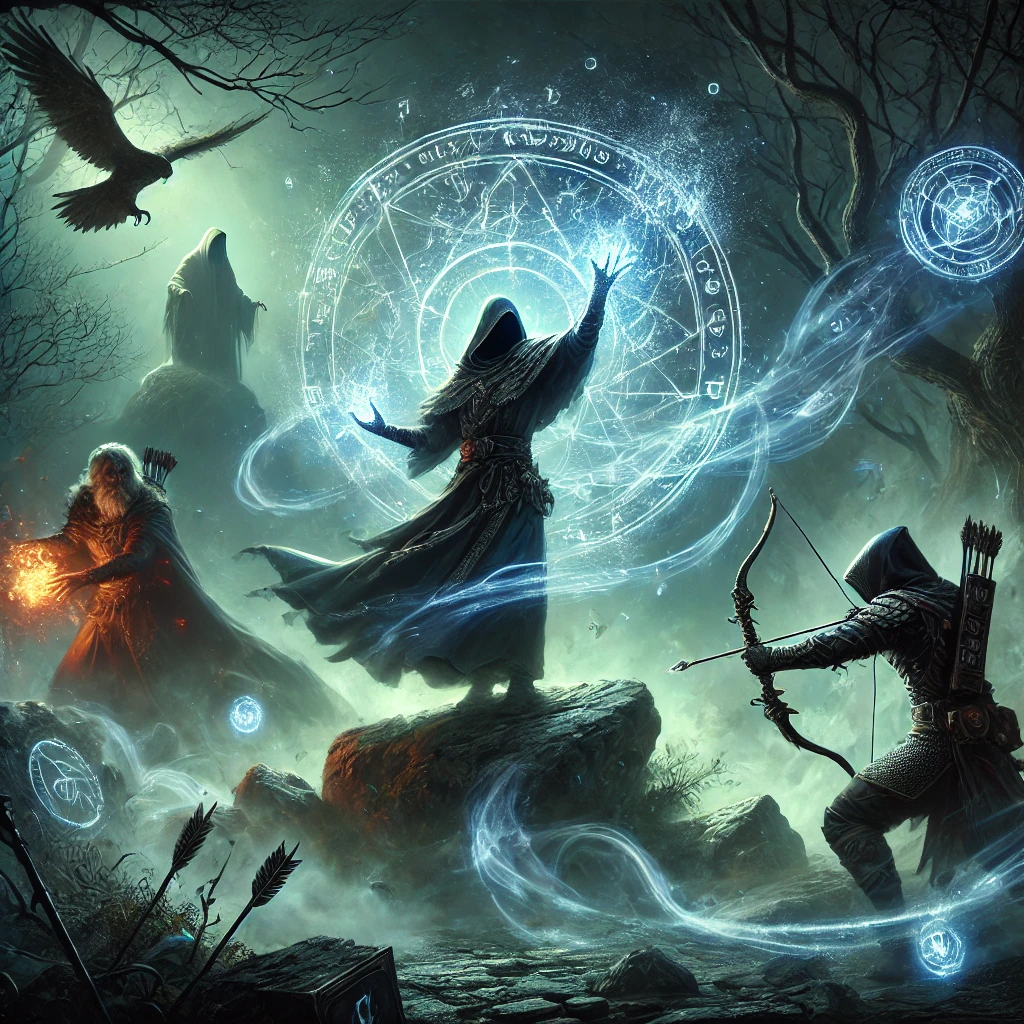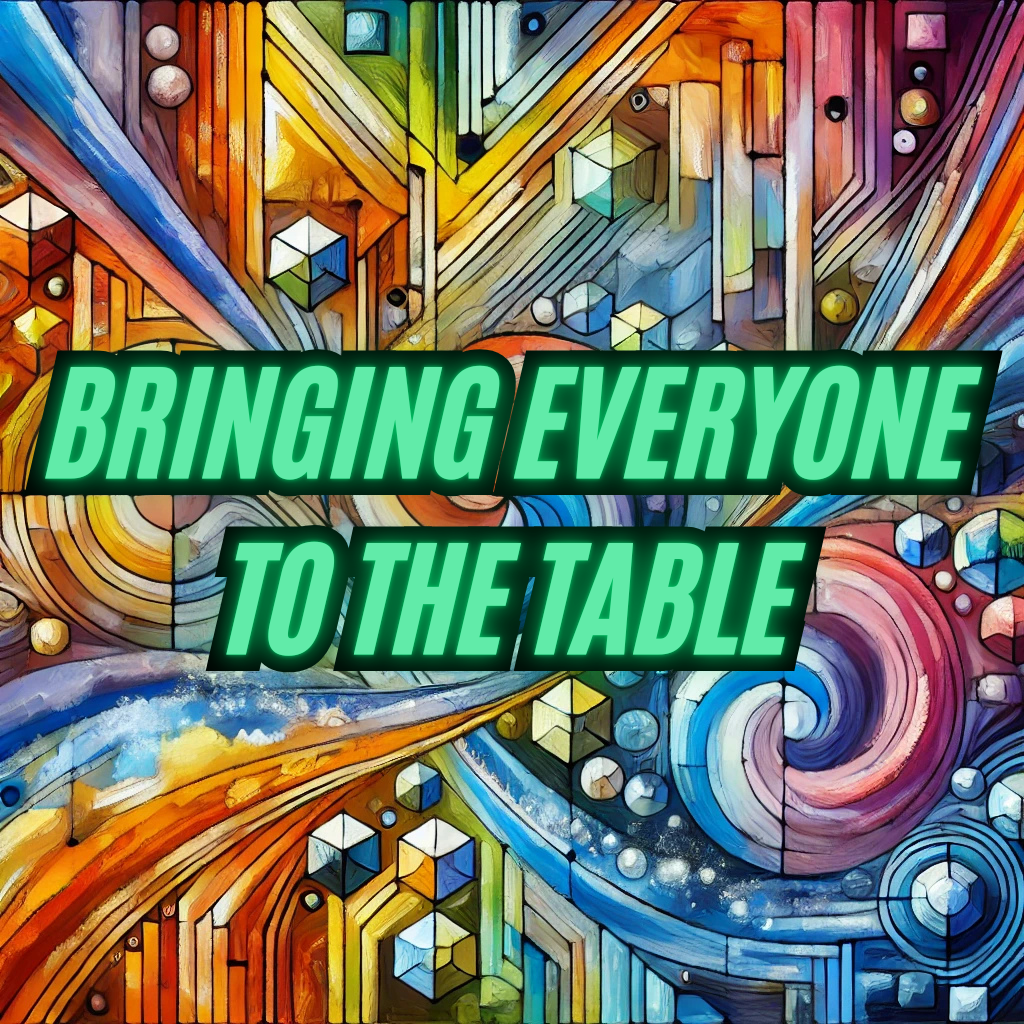In recent years, the podcasting world has been reshaped by the emergence of a unique genre: actual play podcasts. These productions, which feature groups of players engaging in tabletop role-playing games (TTRPGs) like Dungeons & Dragons, Call of Cthulhu, or Powered by the Apocalypse systems, have captured the hearts and imaginations of millions. But what exactly makes actual play podcasts so special, and why are they becoming an increasingly significant part of both gaming and entertainment culture?
The Appeal of Actual Play Podcasts
At their core, actual play podcasts offer a mix of storytelling, improvisation, and camaraderie. Listening to a group of players navigate intricate narratives, solve puzzles, and bring characters to life taps into a universal love for storytelling. These podcasts are more than just game sessions; they’re immersive experiences that blend narrative creativity with the unpredictability of dice rolls.
Here are some reasons for their meteoric rise:
- Engaging Storytelling: Actual play podcasts are a testament to the power of collaborative storytelling. Game Masters (GMs) and players work together to weave compelling tales filled with drama, humor, and emotional depth. Popular shows like Critical Role or The Adventure Zone demonstrate how even improvised scenarios can rival scripted television and film.
- Relatable Characters: Unlike traditional media, where characters are scripted and polished, actual play podcasts thrive on raw, unfiltered character moments. Players breathe life into their characters, creating personas that feel real and relatable, flaws and all.
- A Sense of Community: Many listeners feel a profound connection to the players and the stories they tell. Communities often form around these podcasts, with fans sharing fan art, memes, and even creating spin-off content. This fosters a sense of belonging that’s hard to replicate in other entertainment mediums.
- Accessibility: For those curious about TTRPGs, actual play podcasts serve as an entry point. They provide an entertaining way to learn the mechanics and possibilities of different games without needing to sit down at a table themselves.
- Diversity in Voices: Actual play podcasts showcase a variety of voices, perspectives, and playstyles. Shows like Friends at the Table or Queer Dungeoneers highlight underrepresented voices in gaming, enriching the landscape with fresh narratives and viewpoints.
Why They Matter
The rise of actual play podcasts signifies more than just a trend; it reflects broader shifts in how we consume and create media. Here are some reasons why they matter:
- Revolutionizing Storytelling: Actual play podcasts blur the lines between creator and audience. The stories are co-created in real-time, influenced by the players, the dice, and even the audience in some cases. This participatory model of storytelling is both innovative and deeply engaging.
- Promoting TTRPG Culture: These podcasts have been instrumental in popularizing tabletop role-playing games, making them more mainstream and accessible. Shows like Critical Role have even influenced game sales and introduced new audiences to the hobby. Critical Role in particular has demonstrated how TTRPGs can transcend niche audiences to become a cultural phenomenon, complete with animated adaptations, merchandise, and live events.
- Empowering Creators: Many actual play podcasts are grassroots projects, showing how individuals and small teams can produce compelling content without needing massive budgets. This democratization of media empowers diverse creators to share their stories.
- Building Empathy Through Play: Role-playing games encourage players and listeners to step into someone else’s shoes, fostering empathy and understanding. Through these podcasts, audiences experience a wide range of perspectives and emotions.
- A Model for Collaboration: The collaborative nature of actual play podcasts highlights the power of teamwork and collective creativity. In a world that often emphasizes individual achievement, these shows remind us of the magic that happens when people come together to create.
Why Some People are Naysayers?
While actual play podcasts have garnered a devoted following, not everyone is enamored with the genre. Some critics and players in the TTRPG community have voiced concerns, including:
- Commercialization: The success of high-profile actual play podcasts has led to a wave of commercialized content. Some argue this shift prioritizes profit over the creative, grassroots origins of the genre.
- Unrealistic Expectations: Critics argue that highly produced shows like Critical Role or Dimension20, with their cast of professional entertainers, set an unrealistic standard for TTRPG sessions. New players might feel intimidated by the polished performances and professional-level storytelling, which can create pressure to “perform” rather than simply enjoy the game.
- Blurred Lines Between Game and Show: Some believe the performative aspect of actual play podcasts dilutes the core essence of TTRPGs as collaborative and improvisational games. The emphasis on audience entertainment can shift focus away from the natural flow of gameplay.
Conclusion
Actual play podcasts are more than just entertainment; they’re a celebration of creativity, community, and the enduring power of storytelling. By embracing inclusivity, collaboration, and imagination, they’ve carved out a space in the podcasting world that’s uniquely their own. While there is some merit to some of the concerns raised by members of the TTRPG community, but taken for what they actually are the positives are assuredly ahead. Whether you’re a devoted fan or a casual observer the next time you encounter an Actual play show it might just be the inspiration you need!




